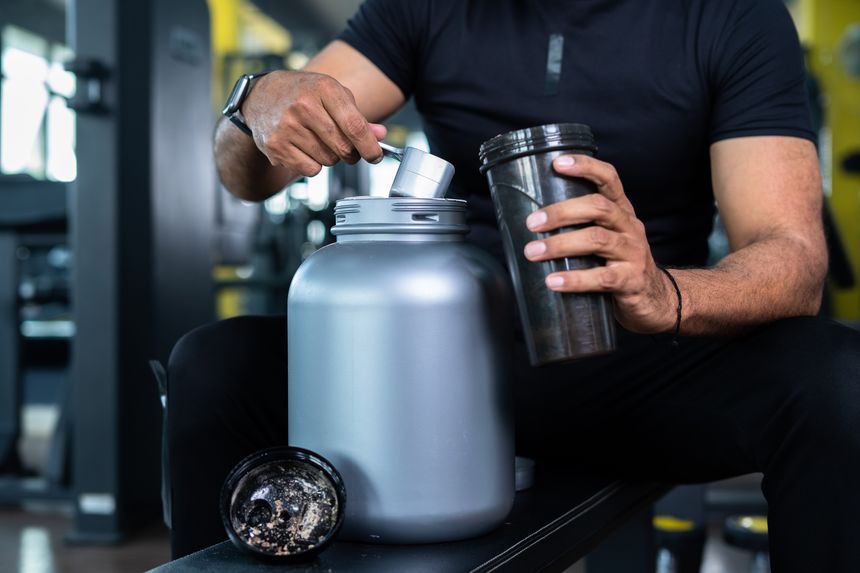As food and beverage brands begin to scale, they will often look to partner with a contract manufacturer (co-man), to increase production or expand into new product categories. Given that co-mans are not only producing and handling a brand’s products but are also privy to sensitive brand information and intellectual property, the co-man/brand relationship should be solidified in a formal co-manufacturer agreement (co-man agreement).
Below I've summarized some of the key components of a co-man agreement—however, this is not an exhaustive list of all considerations that should be addressed and covered by brands. Depending on the specific product being manufactured, and any associated services a co-man is providing, experienced counsel can help brands address unique issues and negotiate a co-man agreement that protects the brand while allowing for the co-man to perform as intended.
- Agreement Scope: The co-man agreement should clearly define what services the co-man will provide. For example, if the co-man will also package and label products, or if the co-man will be responsible for sourcing and procuring ingredients, the co-man agreement should address and cover these additional services and functions.
- Product Specifications: The co-man should be contractually required to ensure all manufacturing and associated services meet the brand’s product specifications, and such specifications should clearly outline key details such as ingredients to be used, product characteristics, testing requirements, and packaging and labeling requirements. Claims arising out of a failure to perform in accordance with the specifications should be the co-man’s responsibility.
- Change Orders: Changes to specs or other portions of the co-man agreement (e.g., the pricing schedule) can result in increased costs, production delays or obsolete materials. The co-man agreement should include a process for implementing changes and allocate responsibility for any resulting costs or waste.
- Ingredient Sourcing: Brands should specify whether the co-man will source and purchase ingredients or whether the brand/its suppliers will supply them directly. Even where the brand provides ingredients, the co-man should remain responsible for proper storage, handling and traceability, and for any claims arising from improper handling/use.
- Quality Assurance: The co-man should be required to adhere to the brand’s quality standards. The co-man agreement should include audit and inspection rights, required testing protocols and clear remedies for nonconforming products.
- Regulatory Compliance: The co-man should manufacture all products in accordance with applicable laws, with particular emphasis on food safety, cGMP requirements and any certification or labeling standards relevant to the brand’s products.
- Volume Commitments and Forecasting: Emerging and growing brands should be cautious when agreeing to volume commitments, binding forecasts or minimum order quantities, as fluctuating demand could result in liability in the form of shortfall fees or contractual breach.
- Intellectual Property Protection: The co-man agreement should include protection for the brand’s proprietary recipes, formulas, processes and other intellectual property. Ownership of any new inventions/derivatives should also be covered.
- Pricing and Payment Terms: Co-man agreements should establish co-man pricing and standard payment and invoicing terms. Brands should pay special attention to price increase provisions and how ingredient or packaging costs will be allocated.
- Term and Termination: The co-man should have a defined term, renewal mechanics and termination rights. Shorter initial terms are generally advisable when working with a new co-man, and it is brand favorable to include a termination for convenience right. The co-man agreement should also establish what costs a brand is responsible for upon termination.
- Insurance and Indemnification: Co-man partners should maintain industry standard insurance with appropriate policy limits. Indemnification coverage should place responsibility on the co-man for claims arising from manufacturing defects, quality failures, noncompliance with specifications or law, contamination and recall events caused by the co-man.
- Recall and Traceability: The co-man agreement should require the co-man to maintain strong traceability systems and to notify the brand immediately of any issues that could lead to a withdrawal or recall. Where the co-man causes a withdrawal or recall, a brand favorable co-man agreement holds the co-man responsible for related costs, including additional testing, logistics, product destruction, consumer claims, and retailer or distributor chargebacks.
- Shipping and Risk of Loss: Brands should include provisions outlining when title and risk of loss transfer and should outline requirements for freight, storage conditions and responsibility for damaged or short shipments.
- Other Standard Legal Provisions: Co-man agreements should also include standard legal provisions, including confidentiality, representations and warranties, force majeure and limitation of liability, appropriately tailored to the specific co-man relationship.


/Passle/63ef8bdcf636e911c850090e/SearchServiceImages/2026-02-13-18-50-31-701-698f727799773b21433a7328.jpg)
/Passle/63ef8bdcf636e911c850090e/SearchServiceImages/2026-02-08-02-56-17-355-6987fb51644a11e11ab82944.jpg)
